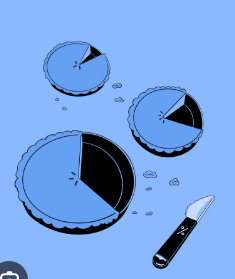Econ - Unit 5 (LT:2)
1/19
There's no tags or description
Looks like no tags are added yet.
Name | Mastery | Learn | Test | Matching | Spaced | Call with Kai |
|---|
No analytics yet
Send a link to your students to track their progress
20 Terms
fiscal year
a one year period that companies and governments use for financial reporting and budgeting.
budget deficit
If the government spends more than it takes in with taxes for the year
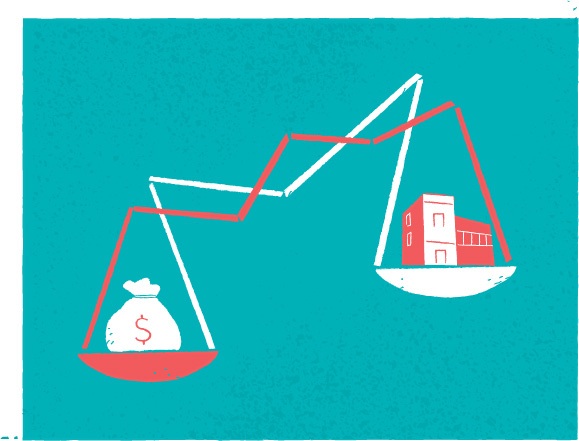
budget surplus
If the government spends less than it takes in with taxes for the year. VERY rare for our federal government.
fiscal policy
when the government changes taxes and spending to achieve an economic or social goal.
Ex. economic goal - helping out during recession, social goal - reducing green house gas emissions
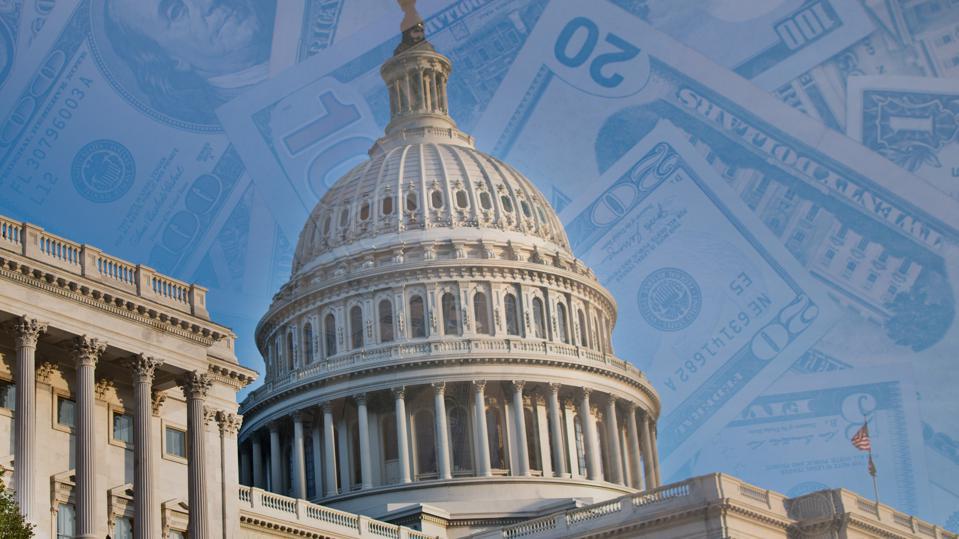
excise
tax on a few specific goods. Car rentals, hotel rooms,Tobacco, alcohol, gasoline.
REGRESSIVE

sin tax
tax placed on a specific good that is genuinely deemed as bad for the person, but not illegal. (cigarettes, alcohol, sugary drinks, fast food). REGRESSIVE

social security tax
tax that all people pay from their paycheck to the gov’t to pay for older/retired Americans. PROPORTIONAL

sales tax
tax placed on many/broad range of goods. REGRESSIVE
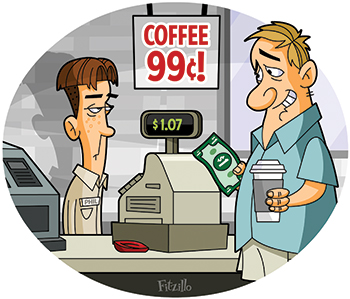
property tax
tax on value of property (home, business…)

Individual Income Tax
tax that people pay from their paycheck to the gov’t. The largest part of all the taxes paid to our government
PROGRESSIVE
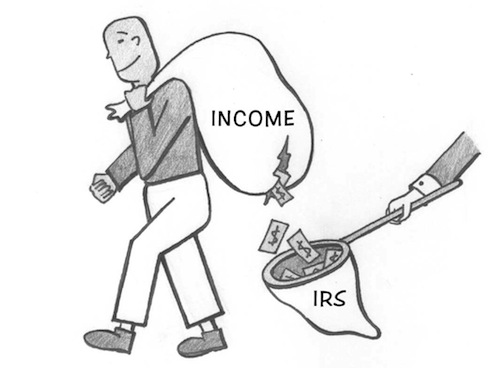
crowding out
the more the government gets involved in the economy the less the private sector(households) get involved. (the more the government does for people, the less likely they are to do it themselves)
crowding in
the less the government gets involved, the more the private sector does for itself.
aggregate supply
the total supply of goods and services produced within an economy at a given overall price in a given period
expansionary fiscal policy (taxes)
Goverment cuts taxes on people/businesses to allow them to have more money to spend (increases agg. demand and helps businesses hire more workers)
Downside: usually means deficit and adds to national debt
contractionary fiscal policy (taxes)
government raises taxes and causes people to have less money to spend (decreases agg.demand)
expansionary fiscal policy (spending)
government may spend more money to try to stimulate growth (increasing spending on project like building roads, bridges, and other big items)
Downside: means deficit and adds to national debt
contractionary fiscal policy (spending)
The government may spend less money, or may cut federal budgets to lower the amount of money it is pumping into the economy
regressive tax
a tax that has a higher level of impact on people who earn lower incomes
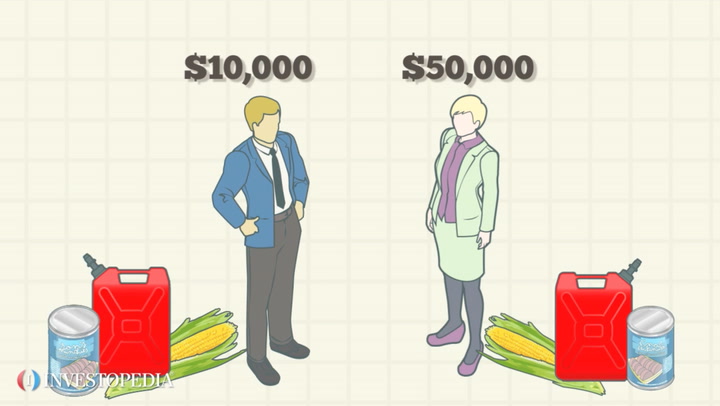
proportional taxes
everyone pays the same percentage of their income in taxes no matter if you make a lot or a little in income.
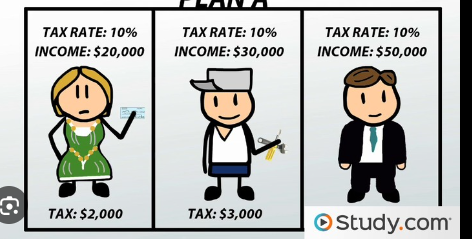
progressive taxes
as you make more money, you will pay a higher percentage of your income in taxes
